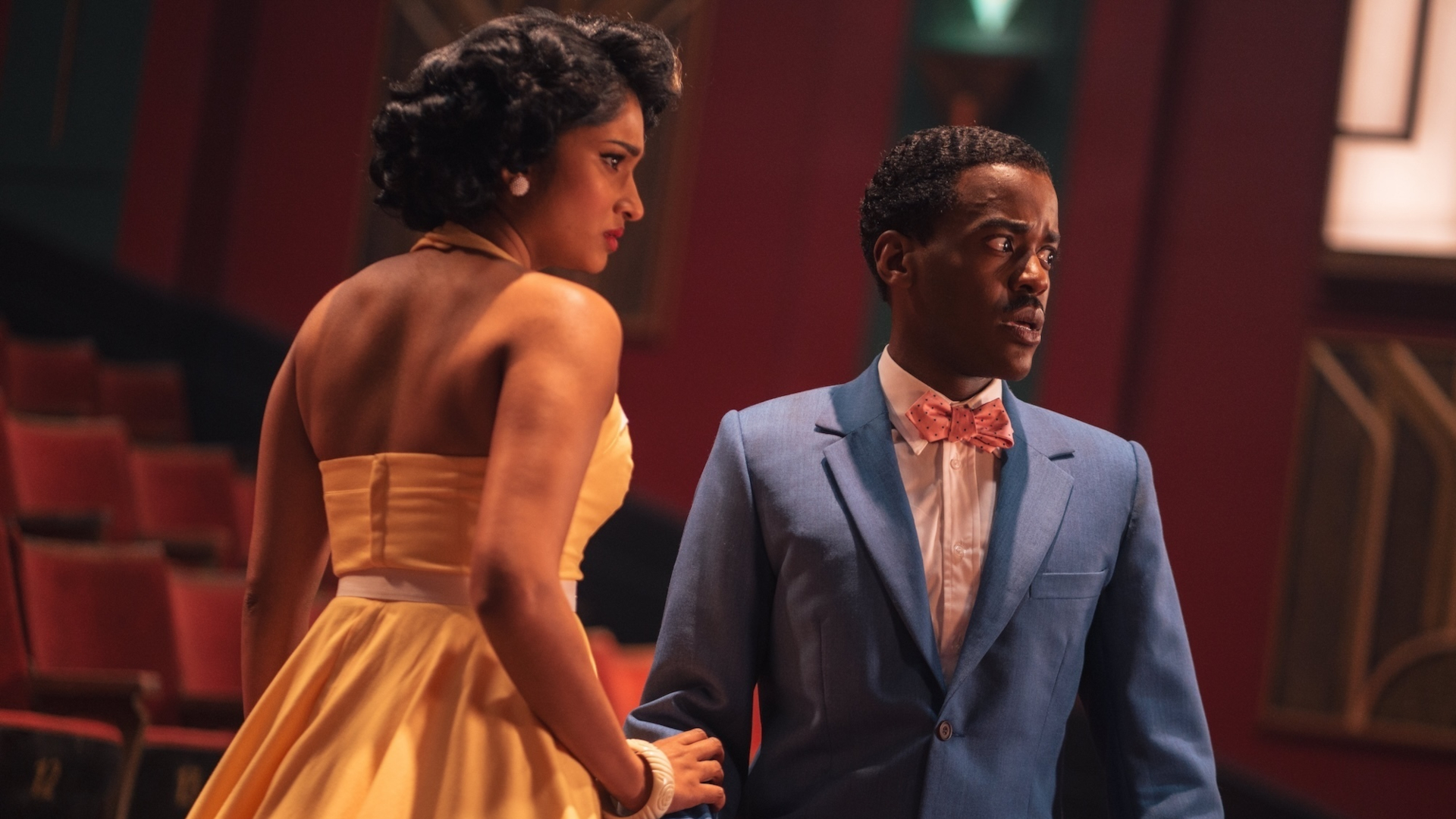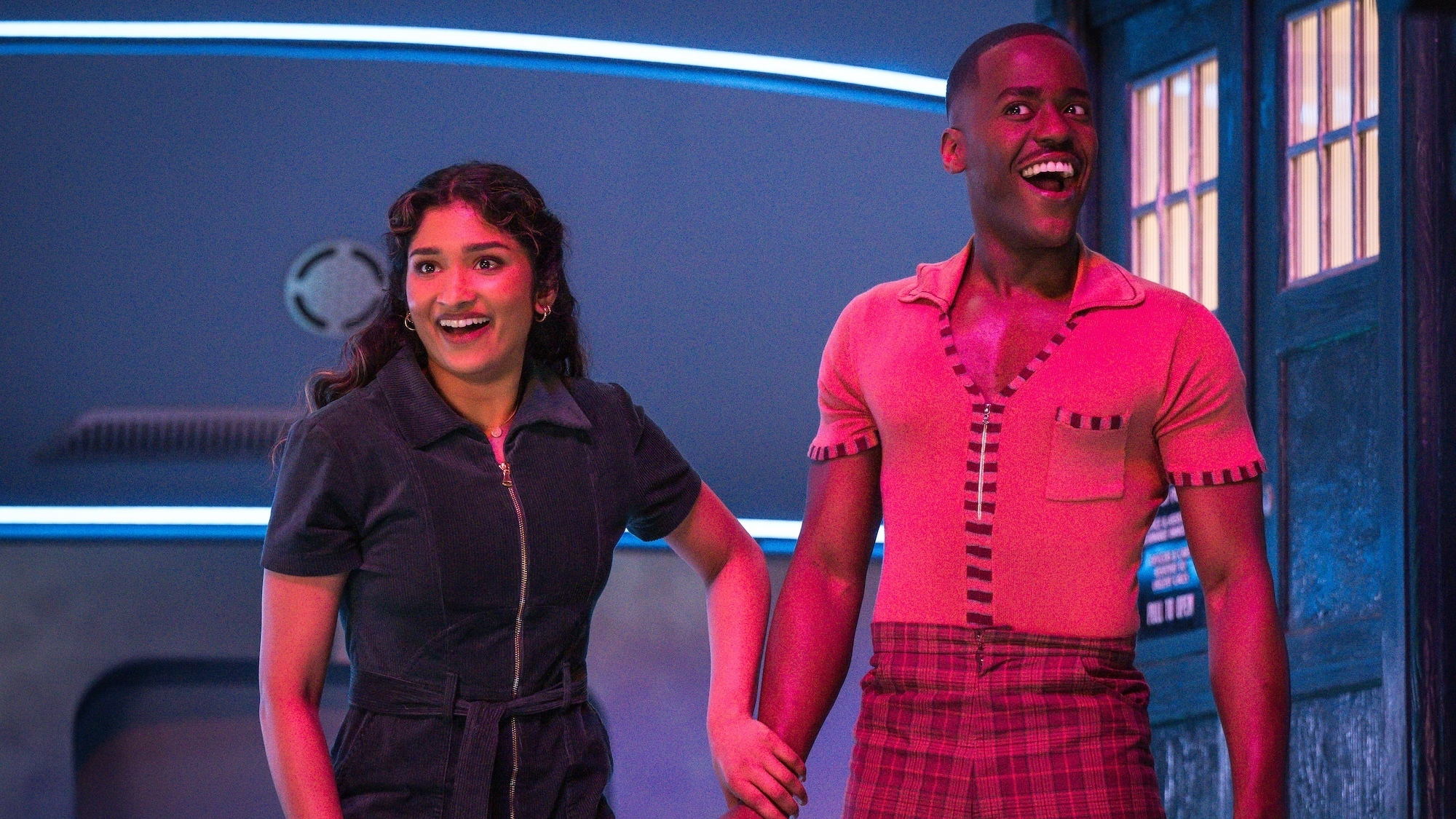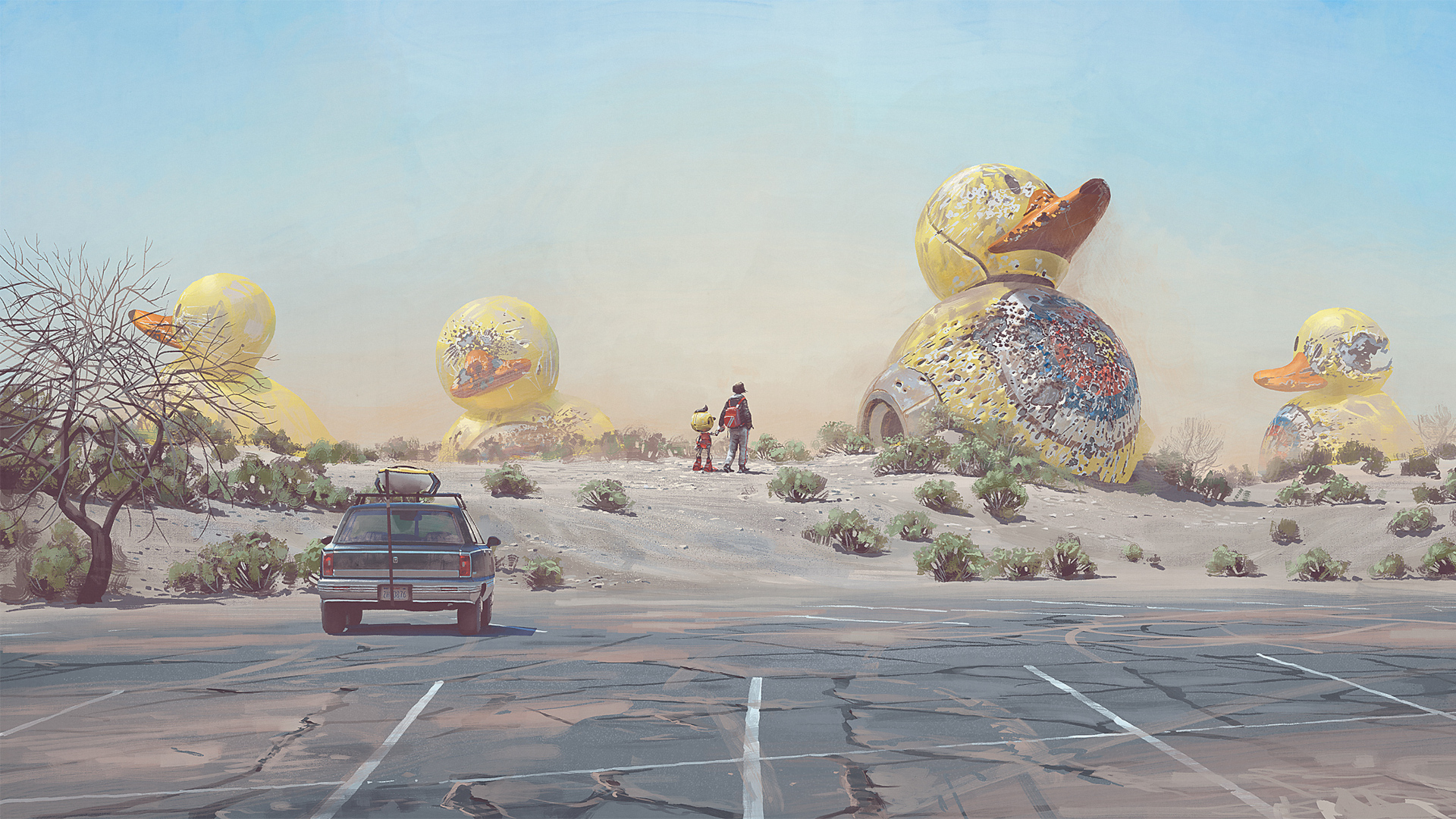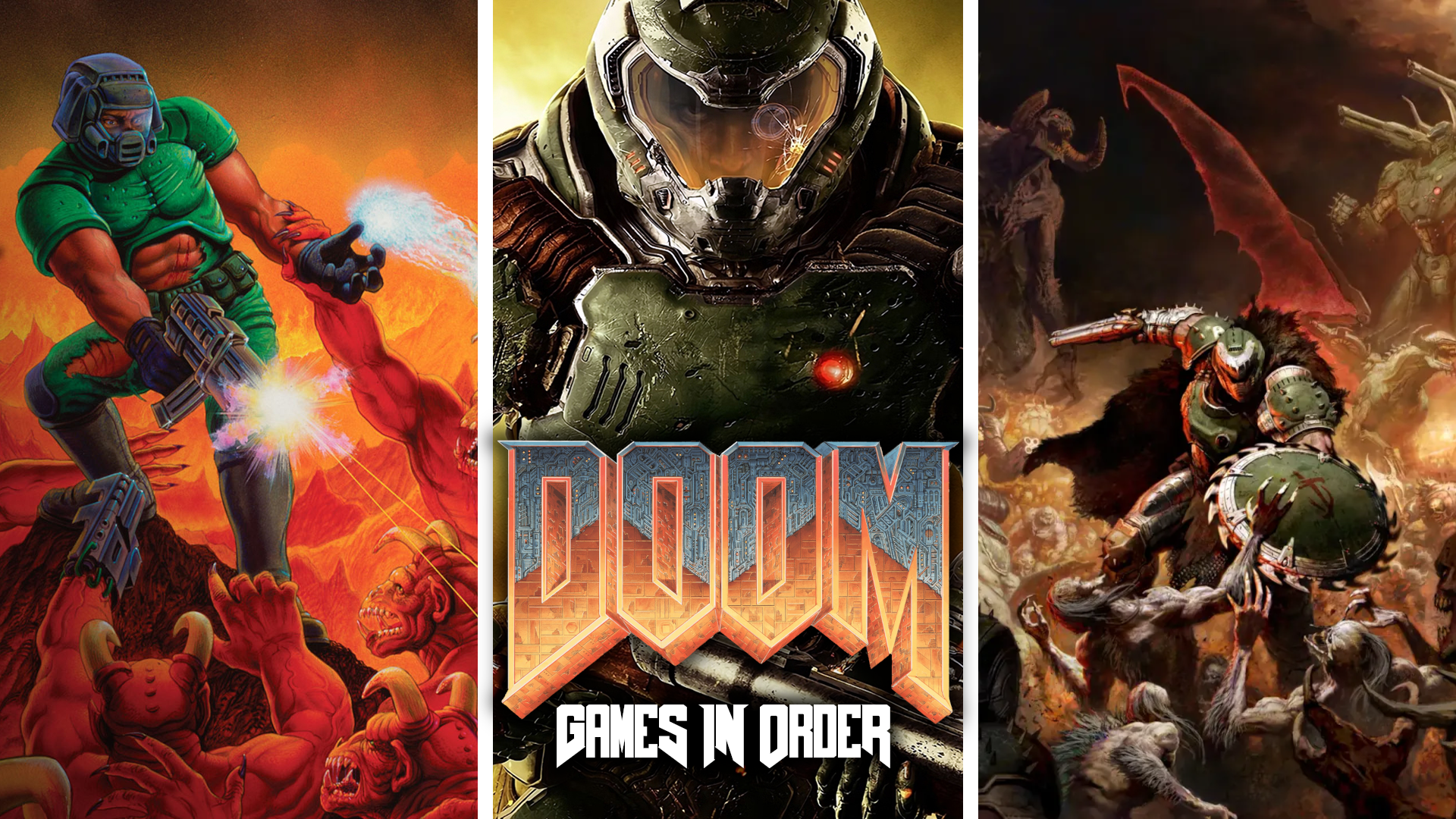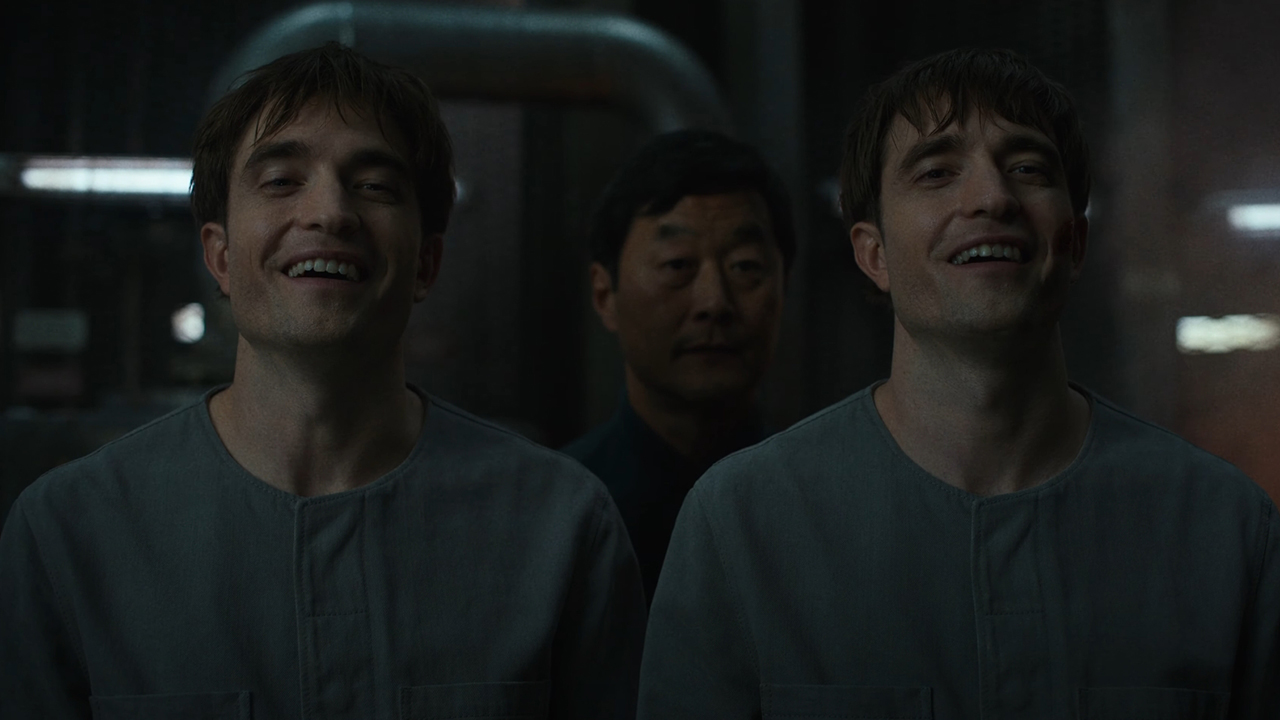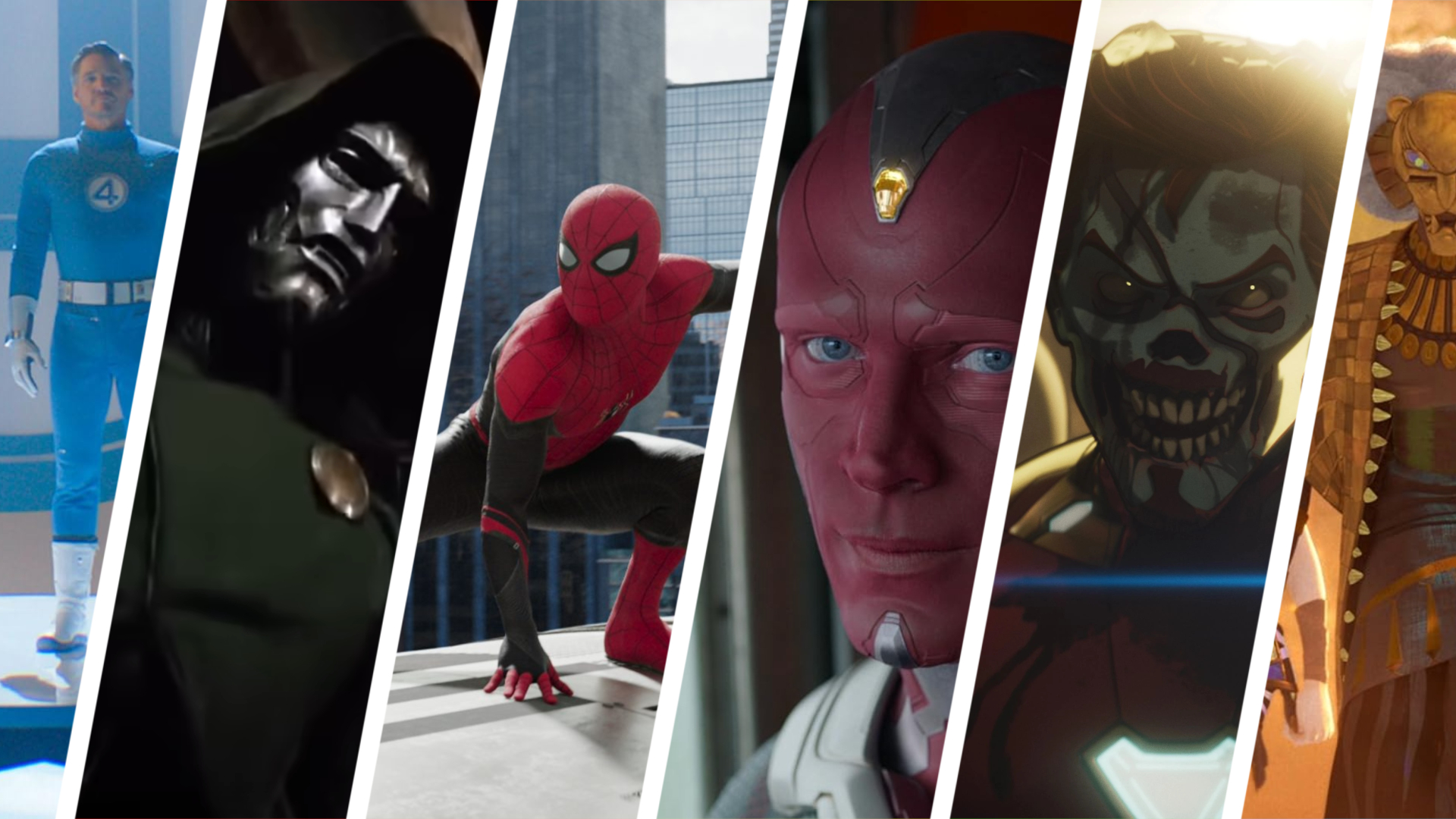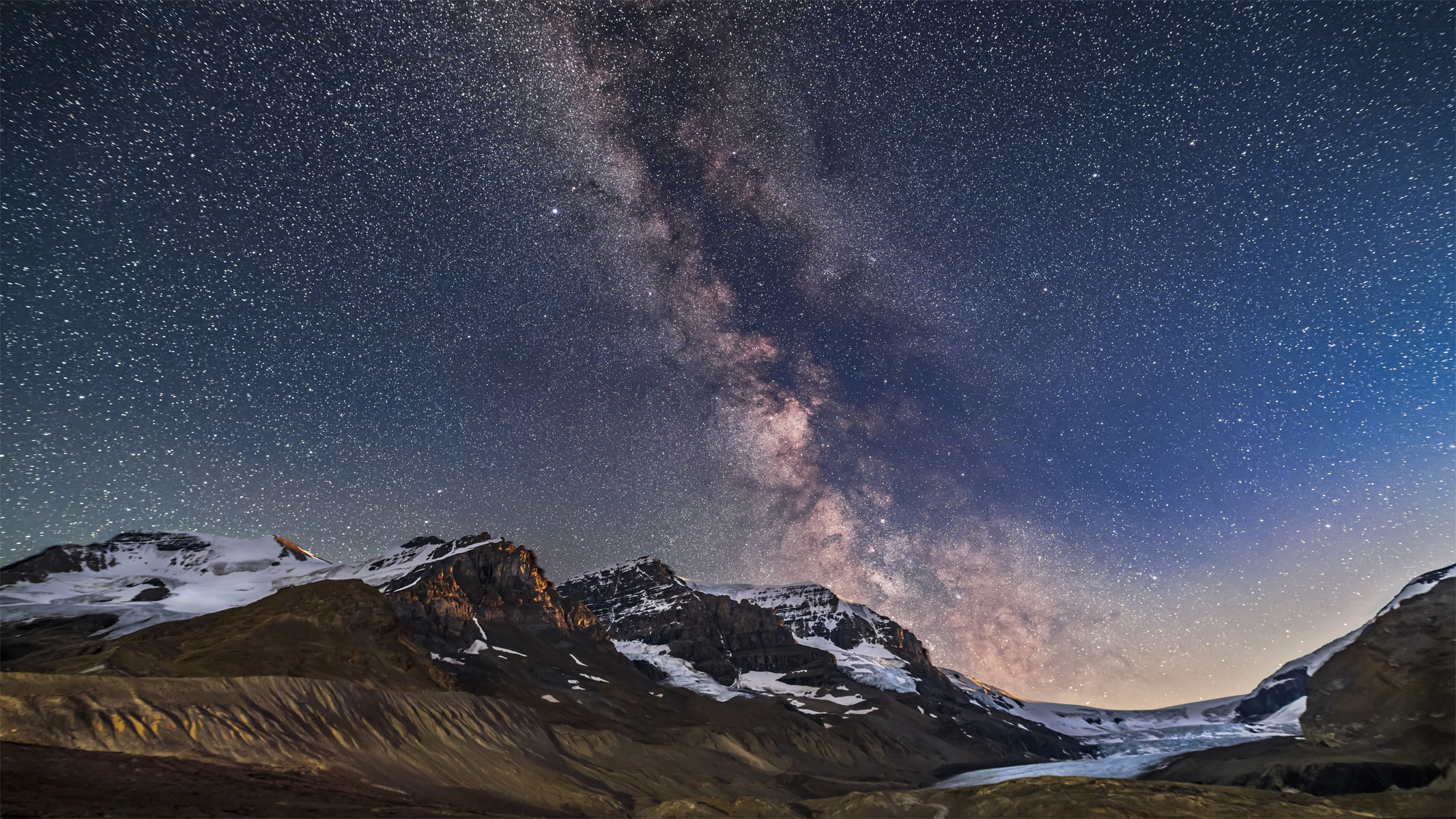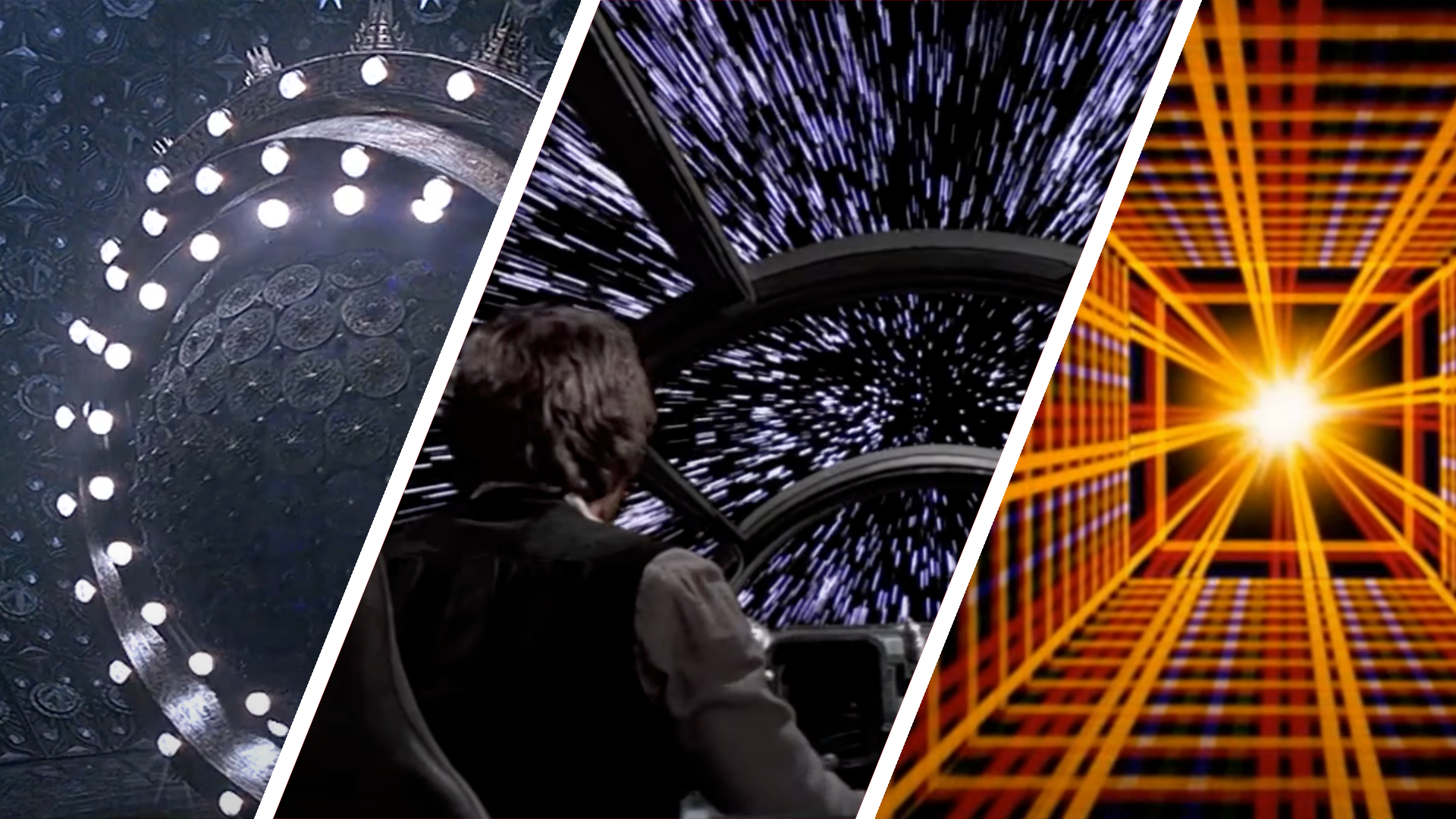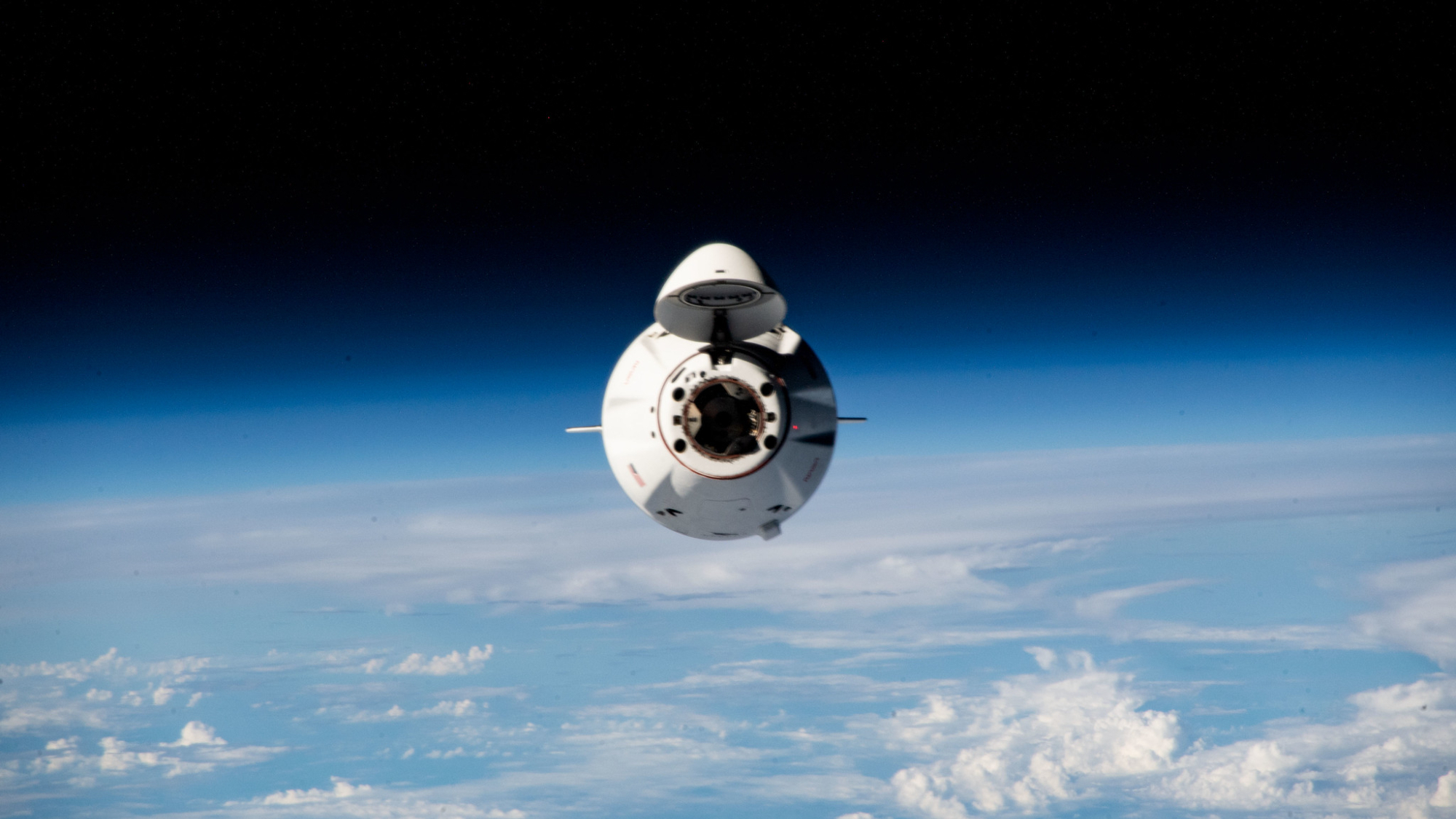Sci-fi needs to be more like The Expanse in its casting
The infinite cosmos usually populated by a lot of straight white dudes, but The Expanse bucks the trend for the better.
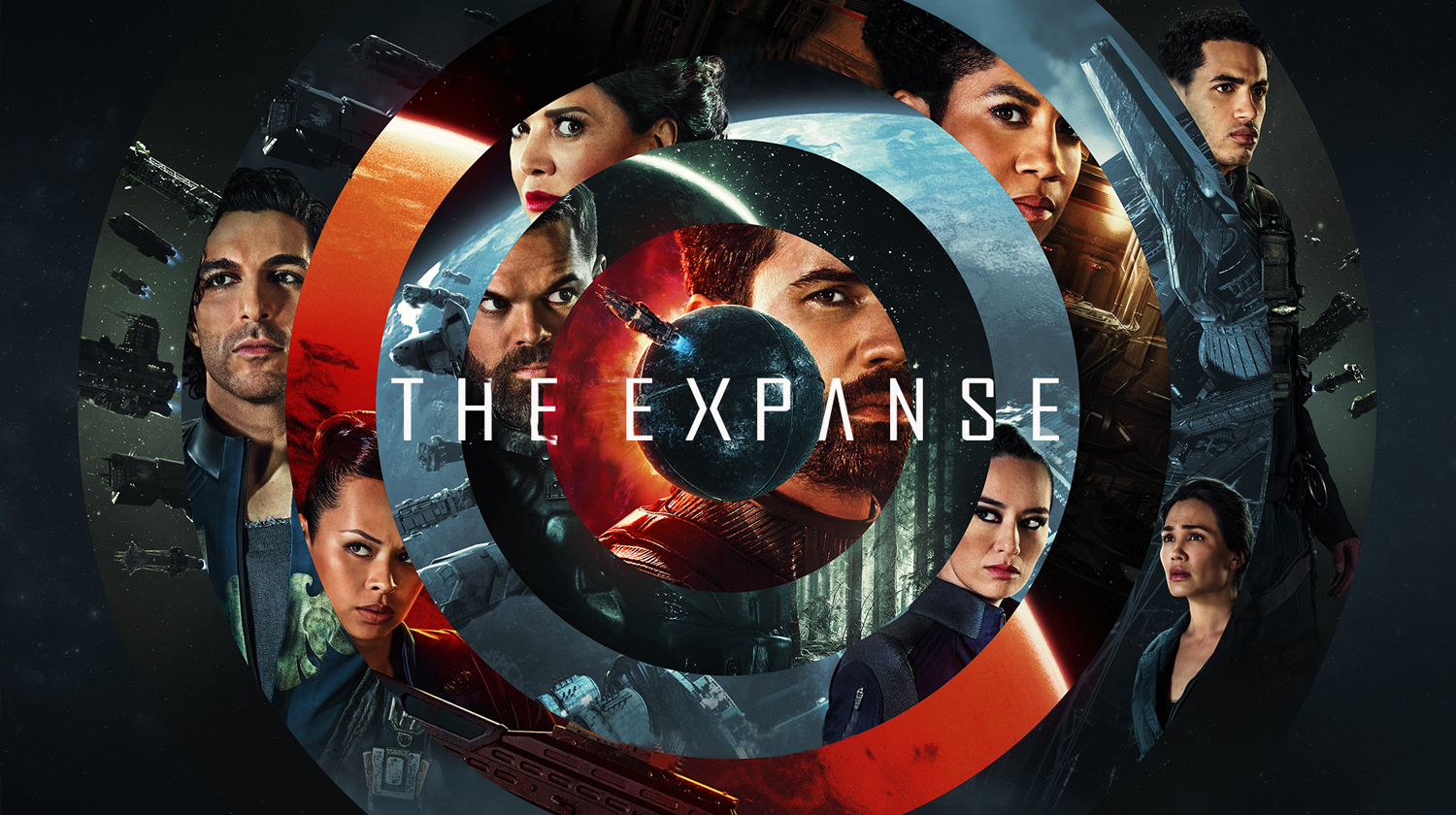
We are hundreds of years in the future. Humanity is joined together under one benevolent, centralized government. Society is less stratified and competitive. The human race knows that truly it is only one race with people of all creeds, colors, and even languages able to cooperate together on all kinds of progressive projects. We had to, in order to project ourselves into space and become extraterrestrial explorers.
But who’s in charge of humanity? Oh, it’s a Caucasian man. And who’s captain of its most important intergalactic spaceship, tasked with first contact, and representative of Earth among the galaxy of nations? Yes, you guessed it.
For those of us who belong to an ethnic minority, science fiction can be extra powerful, since it imagines alternate realities, different timelines, projections of the future that can be utopian or dystopian. But since the world’s population skews towards non-Caucasian people, it can be disconcerting to watch a show or movie set in the future that features an overwhelming number of white Westerners, especially if they happen to occupy most of the leadership positions.
I am not naïve. Most of the shows I watch have been produced by Hollywood or US-based production companies, and so therefore it isn’t illogical that the writers, directors, and actors that feature in these shows are mostly English speaking and come from the Western world. But even with this, the effort can be made to have a more diverse cast and crew. It represents a creative opportunity, one that science fiction especially can benefit from, since this is a genre that extends the imagination and broadens our thinking.
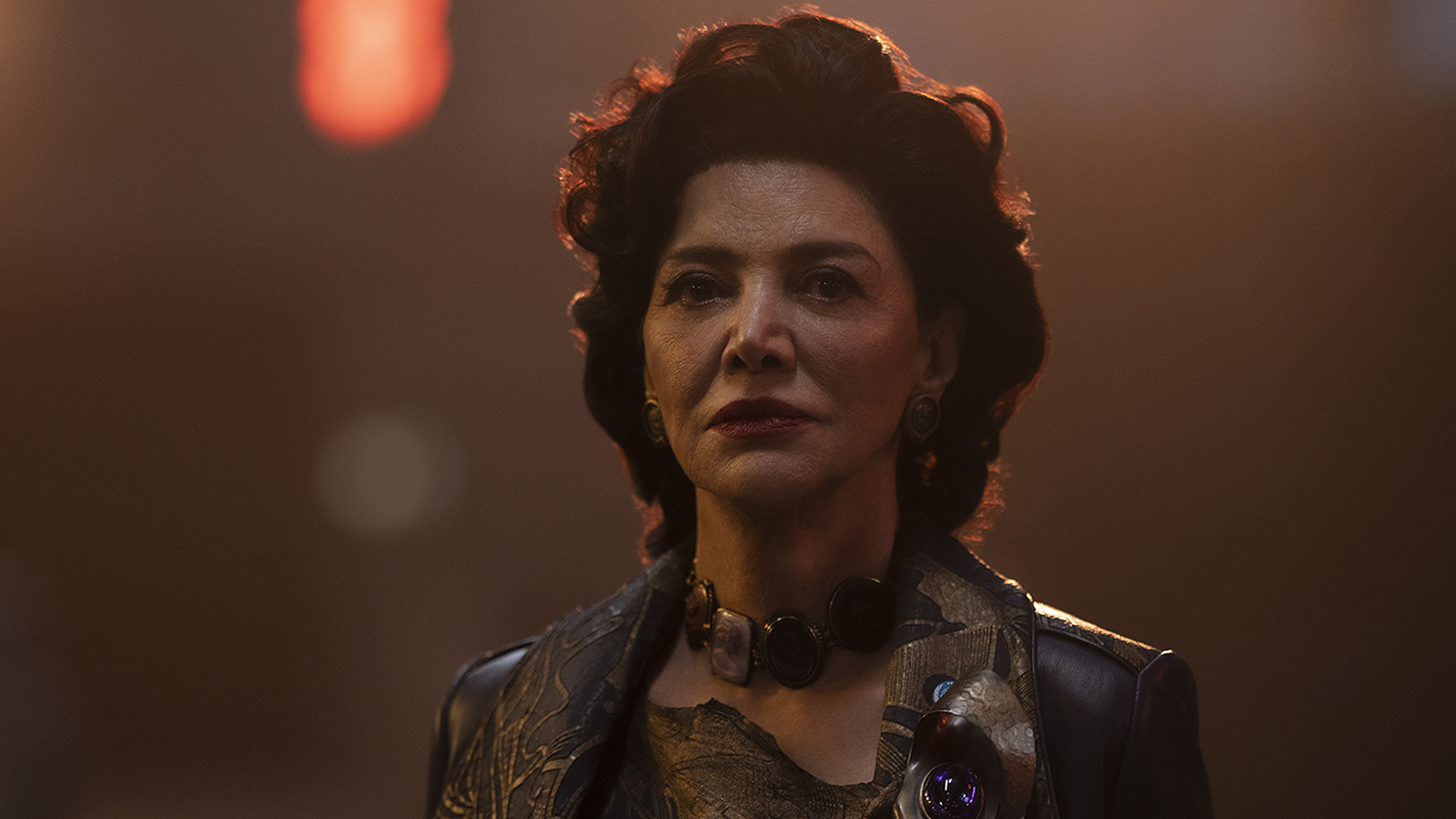
This is where The Expanse opened my eyes to the possibilities. This gritty sci-fi series is based on novels by James S.A. Corey, the pen name of authors Daniel Abraham and Ty Franck, and sticks closely to the realities of what a spacefaring race would mean. We've talked before about why The Expanse feels so unique in sci-fi, but wanted to focus in on one aspect of what makes it so special here.
The story takes place in a not-so distant future where Earth is under the leadership of the United Nations. It has a tense relationship with Mars, an independent “nation”, with both powers reliant on resources from The Belt. Those living and working in the Asteroid Belt and the moons of Saturn, Jupiter, and Neptune are known as Belters, and this marginalized culture struggles for self-determination. Oh and a mysterious alien force also enters the fray.
- Related: best sci-fi tv shows based on books
At its start, the Syfy and Amazon Prime series might feature James Holden, a white American, as the nominal main protagonist, and the same for the leader of the United Nations, but as the series progresses it soon becomes apparent the most interesting, complex, and compelling characters happen to be played by global majority actors. These include Chrisjen Avasarala, the UN Under-Secretary General, who is played by Iranian American actress Shohreh Aghdashloo; the Belter engineer Naomi Nagata (Dominique Tipper); the fearsome Belter leader Camina Drummer (Cara Gee); and Martian marine Bobbie Draper (Frankie Adams).
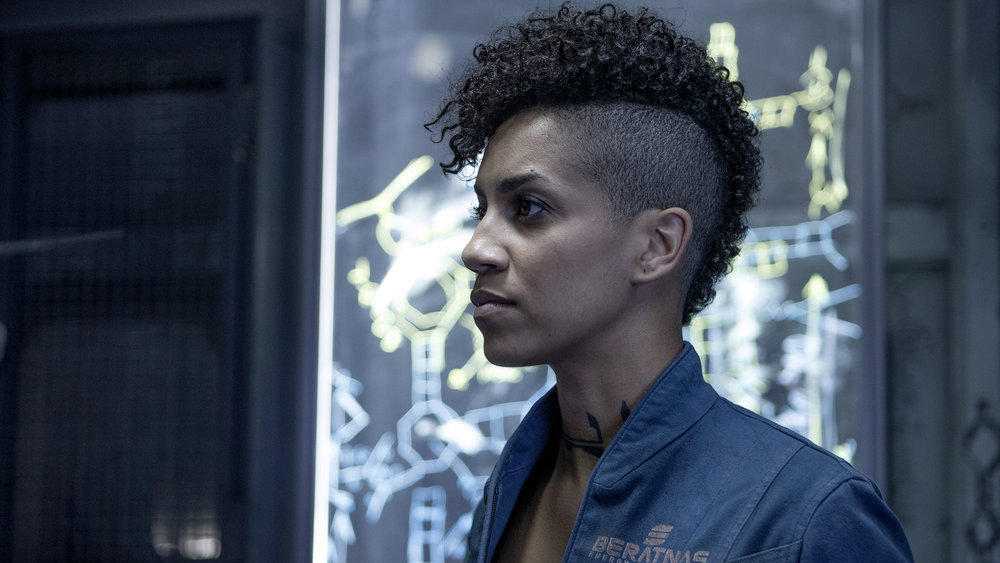
For a science fiction series to feature four main women characters is rare enough; for them all to be played by global majority actors is nearly unheard of. While other sci-fi movies and shows might cast non-white actors as aliens (I’m looking at you Star Trek and Star Wars), The Expanse focuses on humans in all their diversity, as they spread throughout the solar system. As an ethnic minority myself, and a person of the global majority, it was gratifying to see this in a show that depicts the future, but which was made in the present.
Not only that, The Expanse does interesting things with language and accents. The Belters, who can be of many skin tones, share a language – Belter Creole – which was created specially for the show by linguist, polyglot, and sci-fi writer Nick Farmer. It’s a marvelous creation that draws from over a dozen different languages. Its inclusion further immerses the viewer and livens up the experience while layering something that feels like authenticity: showing diversity isn’t about flattening variety but about expanding it.
Meanwhile, for those who speak English, we get British English and Kiwi accents, but also the addition of a character who appears to be of South Asian heritage but who speaks with a wonderful Texan drawl. The Expanse is set in the future but it was heartening to hear that producers had listened to the variety of voices and accents that exist in the present-day world, even if, of course, it still has to remain intelligible to English-speaking viewers.
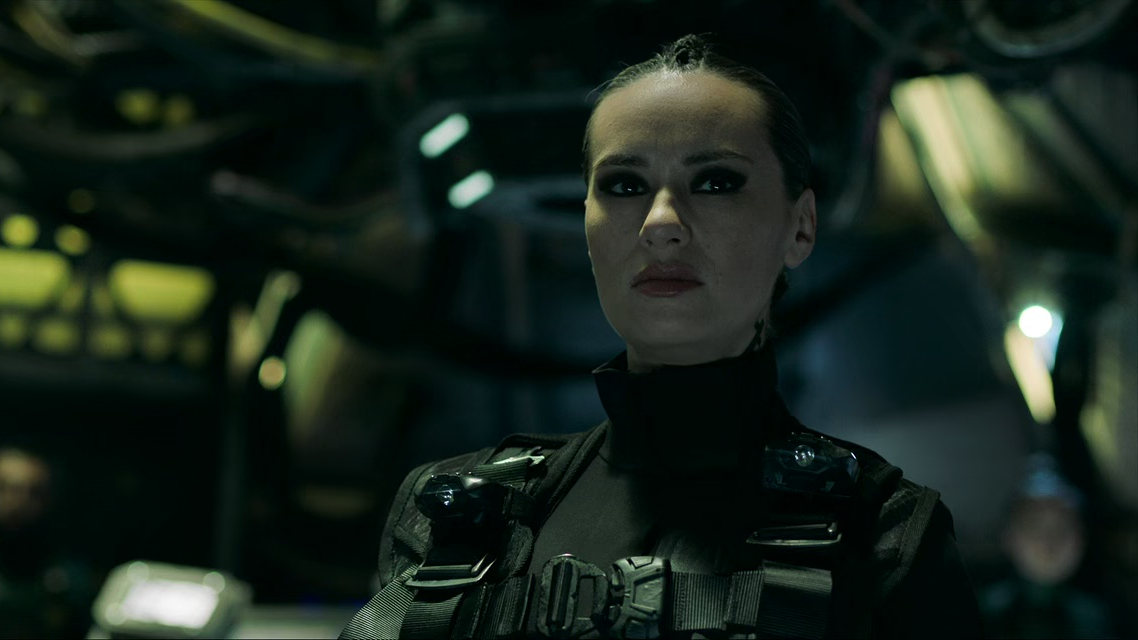
Cara Gee, who plays Camina Drummer, is Canadian of the Objibwe tribe, and her character is queer, something which we see more explicitly later in the series. This side of humanity we see less of in the show and which could’ve been better. The range of sexual and gender identities is not really reflected in The Expanse, showing that there’s always space for more imagination.
The Expanse depicts strong, complex women with characters who change in long, satisfying arcs These aren’t just flat “diversity inclusions'' wheeled in to make some speech about how privileged certain “races” are before leaving the scene, never to reappear, while the Caucasian star gets on with the story. These are characters central to the plot and story.
The Expanse’s casting, with the performances lighting up excellently written characters, in both protagonists and antagonists, remains a tour de force. That its uniqueness in this arena remains so, however, is an indictment on the industry. Science-fiction might’ve been a pioneer in bringing more diversity on screen, but progress can still be made. The Expanse demonstrated how it could be done, and it did so with panache and power.
If you want to see sci-fi done right, check out our The Expanse streaming guide to see how you can watch it all online. You can also see where it slots into our rankings of the best sci-fi tv shows of all time.
Join our Space Forums to keep talking space on the latest missions, night sky and more! And if you have a news tip, correction or comment, let us know at: community@space.com.
Get the Space.com Newsletter
Breaking space news, the latest updates on rocket launches, skywatching events and more!
Lu-Hai Liang is a British Chinese writer and reporter. He has a degree in multimedia journalism and has written about culture for The Atlantic, BBC, CNN, Eurogamer, IGN, and Wired among others. He was based previously in Beijing for six years and reported on China’s changing society and development in business and technology. Generally, he likes sci-fi, video games, and space.
